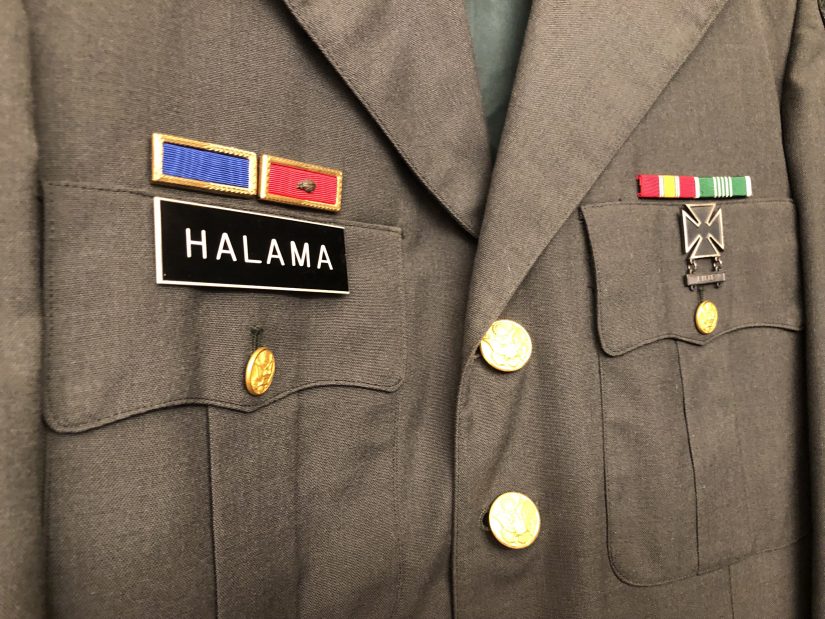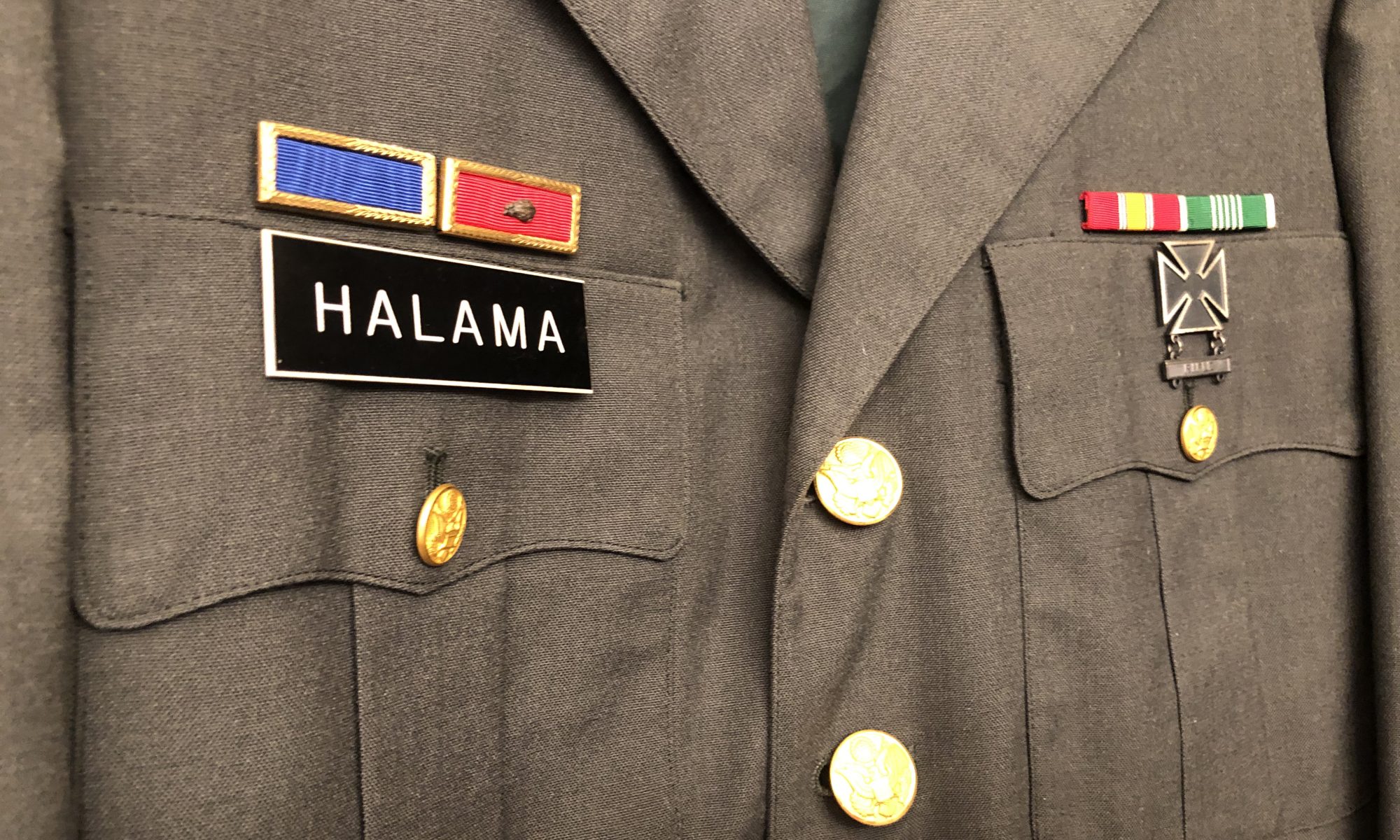
Unlikely Circumstances
Dan stood at one end of the fellowship hall, gazing over his Sunday School Class, made up of young singles and married couples.
“Why don’t we share our faith with an unbeliever?” he asked.
There was a momentary silence. Then several people raised their hands and gave answers. Dan kept looking for raised hands. It was evident that he hadn’t gotten the answer he was looking for.
Then a young man in the back piped up and said, “We don’t know how.”
Bingo! Dan’s face lit up. “We don’t know how.” The answer was like a golden nugget, a jewel of great price.
The vast majority of American Christians never share their faith. They never attempt to lead someone to make a personal commitment to follow Christ. Embarrassment keeps them from admitting that they really don’t know how.
In 1952, Bill Bright, the head of Campus Crusade, wrote The Four Spiritual Laws. It was a small booklet you could hold in the palm of your hand and use to lead an unbeliever to give their life to Christ. The book seemed to blanket the area. It was everywhere. It became the leading tool for witnessing.
I encountered the book while I was a Chaplain’s assistant in the Army at Fort Hood, Texas. Though, I had a few copies in my locker in the barracks, I never used them. I just didn’t feel comfortable using them, though I couldn’t put my finger on the reason why. Being a stickler for being real, I guess I felt that talking from your heart and from your own experience was more authentic.
I did lead someone to Christ, while I was waiting to be assigned to a unit in basic training at Fort Lewis, Washington. The Army had put a big group of new arrivals in an open barracks, while they were sorting out our assignments. We were there three days in that barracks with nothing to do but eat, sleep, shoot the breeze and the smokers could smoke.
Having been a Christian only three years, I felt very threatened in the crowded, sweaty barracks that never seemed to clear of the stale air. Every time I eased up to a group of recruits shooting the breeze, my ears heard words I didn’t want to hear, mostly stories of explicit exploits with the opposite sex. So after a few attempts like this, I just decided to stay to myself by my bunk. It was like being in hell. I was trapped in an environment I desperately wanted to get out of. But no one could leave. The Army owned us now.
I was home sick, scared, feeling a little sick to my stomach, and I really didn’t want to talk to anyone . . . not these guys, anyway. If there was another Christian in the room, we never connected. I thought Joseph must have felt like this while he was in prison.
I’m not sure how they found out, but they found out that I was a Christian. When a young atheist caught wind of the news, he came over to talk. I must have look like fair game and he thought he could chalk one up to his list of victims.
So, I began to hear all of the reasons why there was no God, all of which I had heard before. Though I didn’t feel like talking, my Mother had thaught me always to be polite, so I couldn’t tell him to bug off. Neither was I going to listen to all of his nonsense without responding with a rebuttal . . . so I did.
In my young Christian life I hadn’t read any books on how to argue with an atheist, nor had I studied apologetics, or read Ravi Zacharias, the great Christian philosopher. I read my Bible a lot, however. I don’t know where my arguments came from. They must have come from the Holy Spirit.
There is that amazing scripture that says we don’t have to rehearse what we are going to say to those who put us on the stand, that the Holy Spirit will give us what to say on the spot. I guess that must be what happened. Luke 12:12
In the three days we were in the barracks, Dale, the atheist came over to my bunk many times. The conversations slowly moved from him challenging me, to his asking questions, and it seemed that he sincerely was looking for answers. Still, in my homesick condition, I didn’t want to talk and when I saw him coming, I would inwardly groan, “Oh no, here we go again. I wish he would just stay away!” He seemed to be thoroughly enjoying the conversations, but I sure wasn’t.
I don’t remember what I said in any of those conversations, but I did my best to answer his questions. I’m sure I must have thrown out numerous scriptures, and the Bible says that God’s word has power in itself. It can convict of sin, blow away shaky logic, and give hope to one who is truly seeking the truth.
There were several long conversations, and the more we talked, the more this shy country kid reached a comfort level in sharing his faith. I grew to like Dale. I’m not sure if he felt the same say, but he kept coming back.
The conversations helped to make the time go by, and before we knew it, an Army Private came through the door with a stack of orders. We were going to now be assigned to a unit and began basic training.
I never saw Dale after that, but to my extreme surprise, about six months later I received a letter from him. He had become a Christian, he said, “Due to my life and testimony.”
I was totally blown away! I wrote back to him and gave him a scripture to encourage him, “Faithful is he who calls you, and he also will bring it to pass.” 1 Thessalonians 5:24.
Years later, we reconnected and Dale became a faithful monthly supporter of this ministry. Not too long ago, in a phone conversation in which I was pretty badly discouraged, he quoted a scripture to encourage me, “Faithful is he who calls you, and he also will bring it to pass.”
God’s word is powerful. Hebrews 4:12 says, “For the word of God is quick and powerful, and sharper that any two-edged sword . . . “
If you are in a situation where an unchurched person wants answers about God, use God’s Word. Mix scripture into your conversation, and just do the best you can. You never know what God might do. Who knows, maybe you will lead an unbeliever to Christ.
Photo taken by Lorraine
